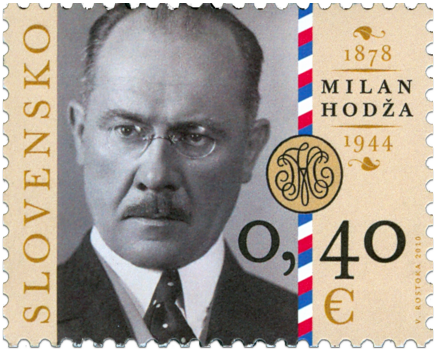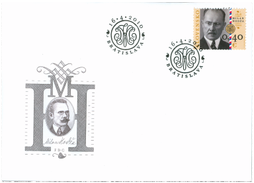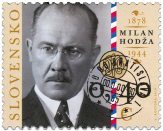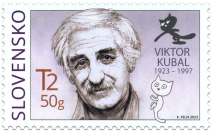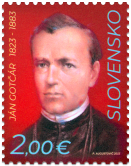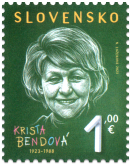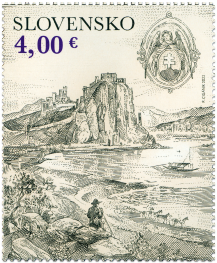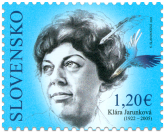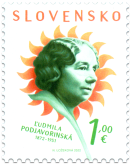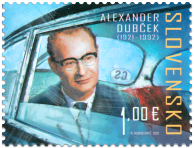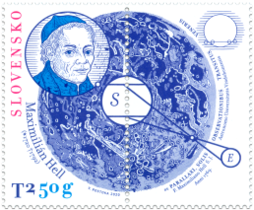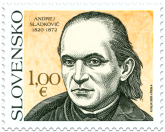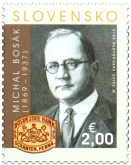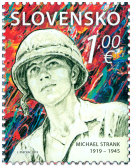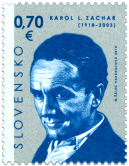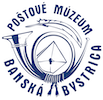473 Date of issue
16.04.2010 Face value
0.40 € Sell price
0.40 €
DR. MILAN HODŽA (1. 2. 1878 Sučany – 27. 7. 1944 Clearwater, USA) the most significant Slovak journalist, politician and political scientist, Czechoslovakian statesman of European importance of the first half of the 20th century. A son of a Slovak patriot, Evangelical priest O. Hodža and a nephew of Michal Miloslav Hodža. He obtained his university education by studying law, philosophy and history at universities in Budapest, Cluj and in Vienna. He had wide knowledge and actively spoke seven languages. He entered the political scene as an already known journalist. He wrote for several newspapers, he founded and edited Slovenský denník (Slovak Daily) on his own, and later Slovenský týždenník (Slovak Weekly) (1903 – 1918). He continued in political and journalist work of Ľ. Štúr. In 1905 – 1910 he acted as a member of the Hungarian parliament, stood against Hungarian nationalism, fought for civil rights and economic progress in co-operation with representatives of non-Hungarian nations (mainly Serbians, Croatians and Romanians). He got into high politics thanks to his contacts with the throne successor Franz Ferdinand and his attempts to federalize the empire. During World War I he became the leading figure of the so-called Vienna Group of Slovaks who started to cooperate with the Czech Resistance with the aim to build a common state. He participated on the Declaration of the Slovak Nation in Turč. st. Martin in October 1918 and became a member of the Slovak National Council. After the formation of Czechoslovakia, he continued in his political activity with short breaks until September 1938 as one of prominent pro-governmental agrarian politicians. He was the Minister for Unification of laws twice, the Minister of Agriculture twice (1922 – 1926; 1932 – 1935); the Minister of Education (1926 – 1929) and the Minister of Foreign Affairs (1935 – 1936). In 1935 he became the Prime Minister as a first Slovak and remained in this position until September 1936, when the government resigned. At the end of 1938 he went to exile (Switzerland, France, Great Britain, and USA). In 1940 he founded the Slovak National Council in Paris. He spent the last years of his life in the USA (1941 – 1944), cooperated with American Slovaks on renewal of a democratic, nationally just Czecho-Slovakia, with equality of Slovaks and with a vision of a federation in Central Europe. He also worked here on his most significant political work called Federation in Central Europe, published in English in 1941. Historical and political studies and studies on political science were a part of his work. They were published in 7 volumes under the name Články, reči a štúdie. On June 27, 2002 his remains were transported to Slovakia and buried in the National Cemetery in Martin.
Zora Frkaňová
© 2024 POFIS - Postal philatelic service. All rights reserved

